

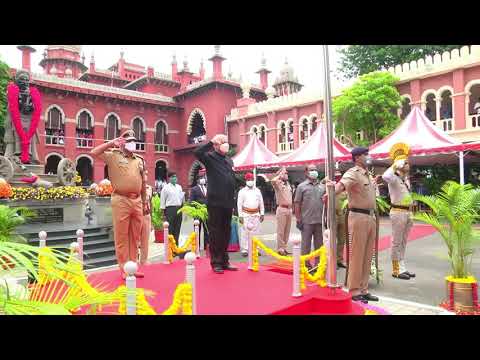
In a major victory for citizens' rights, the Madras High Court directed the Tamil Nadu police not to prohibit any rally carrying the national flag on Independence Day, including those by foot, bicycles, motorcycles, or cars. The court emphasized that individuals and groups have the right to display their patriotic fervour by rallying with the tricolour, as long as they inform the jurisdictional police beforehand and maintain public peace. This ruling comes after a petition was filed against the police's rejection of permission for a motorcycle rally, highlighting the fundamental right to carry the national flag. The judge also reminded of Tamil Nadu's history of upholding the Tricolour's honour through freedom fighter 'Kodi Katha' Kumaran.
Madras High Court Upholds Citizens' Right to Display National Flag on Independence Day
Background
In a landmark ruling, the Madras High Court has directed the Tamil Nadu police to permit rallies carrying the national flag on Independence Day, regardless of the mode of transportation used. This decision was made in response to a petition challenging the police's rejection of permission for a motorcycle rally.
The petition highlighted the fundamental right of citizens to express their patriotism by displaying the national flag, as enshrined in Article 19(1)(a) of the Indian Constitution. The court recognized this right and emphasized that it could only be restricted on reasonable grounds related to public order or national security.
The Ruling
The Madras High Court held that the police cannot arbitrarily prohibit rallies carrying the national flag, provided that certain conditions are met:
The court also noted that Tamil Nadu has a rich history of upholding the honor of the tricolour. Freedom fighter 'Kodi Katha' Kumaran is renowned for his heroic defense of the national flag during the Indian independence movement.
Impact of the Ruling
The Madras High Court's ruling is a significant victory for citizens' rights. It ensures that individuals and groups can freely express their patriotism and celebrate Independence Day without undue restrictions. The decision also serves as a reminder of the fundamental importance of the national flag as a symbol of national unity and pride.
Top 5 FAQs and Answers
1. Can I carry the national flag without participating in a rally? Yes, individuals can carry the national flag on Independence Day without participating in a rally, as long as they do so with respect and dignity.
2. Do I need permission from the police to carry the national flag? No, you do not need permission from the police to carry the national flag as an individual. However, if you are planning a rally with the national flag, you must inform the jurisdictional police in advance.
3. What are the restrictions on displaying the national flag? The national flag cannot be used for advertising or commercial purposes, and it cannot be flown upside down or in a disrespectful manner.
4. Can the police stop me from carrying the national flag if they believe it will disrupt public order? Yes, the police can restrict the display of the national flag if they have reasonable grounds to believe that it will disrupt public order or national security.
5. What is the significance of 'Kodi Katha' Kumaran? 'Kodi Katha' Kumaran was a freedom fighter who was killed while defending the national flag from British police during the Indian independence movement. His heroic act is remembered as a symbol of the importance of the national flag and the sacrifices made for its honor.

Indian National Lok Dal (INLD) leader and former Haryana Chief Minister O. P. Chautala has passed away at the age of 89. Known for his strong presence in rural Haryana and his dominant Jat voter base, Chautala suffered a cardiac arrest at his home and was unable to recover. His contributions to state politics and his efforts to continue his father Chaudhary Devi Lal's legacy have been praised by many, including Prime Minister Narendra Modi and current Haryana Chief Minister Nayab Singh Saini. Chautala's body will be cremated in Sirsa on Saturday, where people will have the opportunity to pay their respects.

Congress questions PM Modi's priorities as ethnic violence rages on in Manipur and he embarks on a two-day visit to Kuwait, the first by an Indian PM in 43 years. Congress leader Jairam Ramesh highlights the discrepancy in the PM's actions as Manipur's fate remains uncertain.
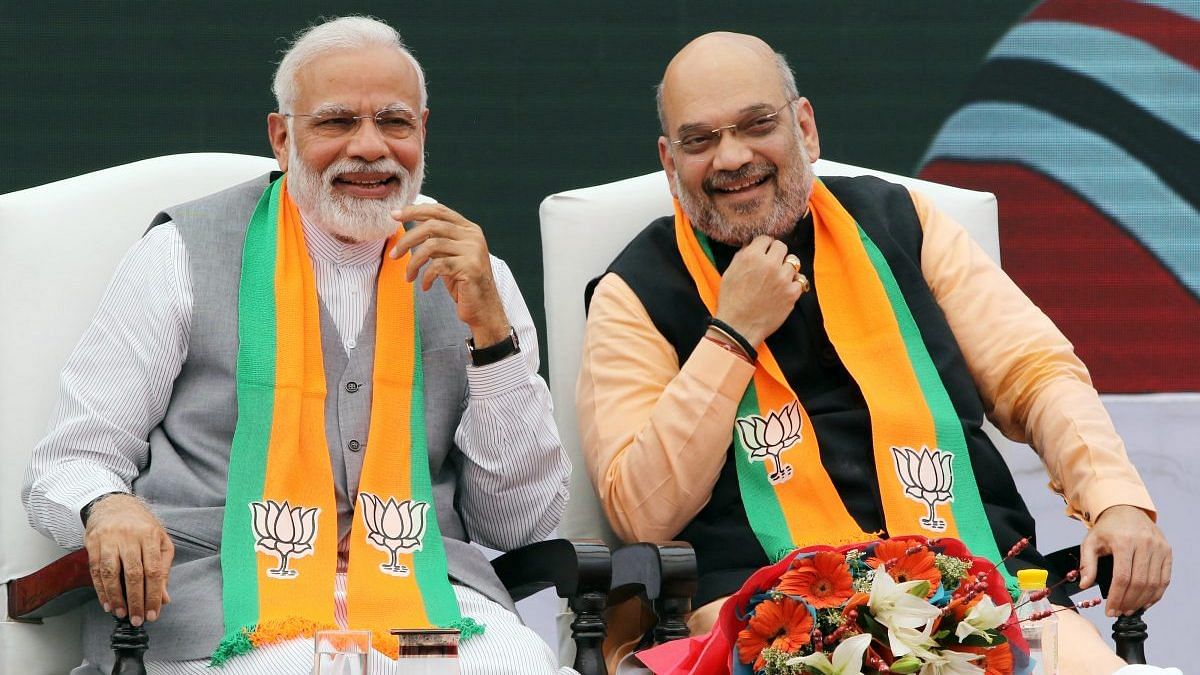
The Congress party has demanded an apology from Prime Minister Narendra Modi for defending Union Home Minister Amit Shah's controversial remarks about Dr. Baba Saheb Ambedkar. Party leaders Gaurav Gogoi and Pramod Tiwari accused the BJP of behaving in a fascist manner and expressed disappointment that no FIR has been filed in their complaint about the incident involving BJP and Congress MPs. Tiwari also highlighted the disrespectful and insulting tone of Amit Shah's speech, and Gogoi revealed that Congress President Mallikarjun Kharge has requested an inquiry into the incident where he fell due to the actions of BJP MPs.

Prime Minister Narendra Modi recently sparked controversy by claiming that the Congress party, under the leadership of Jawahar Lal Nehru, conspired to defeat Dalit icon BR Ambedkar in the 1951-52 Lok Sabha elections. This accusation was made in defense of his political confidante, Home Minister Amit Shah, who had stated that the constant mention of Ambedkar's name has become a "fashion" in Indian politics. However, historical records show that Ambedkar lost the elections to the Congress candidate not once, but twice. How did Ambedkar's relationship with Nehru affect his political career, and was his defeat really a result of Nehru's actions?
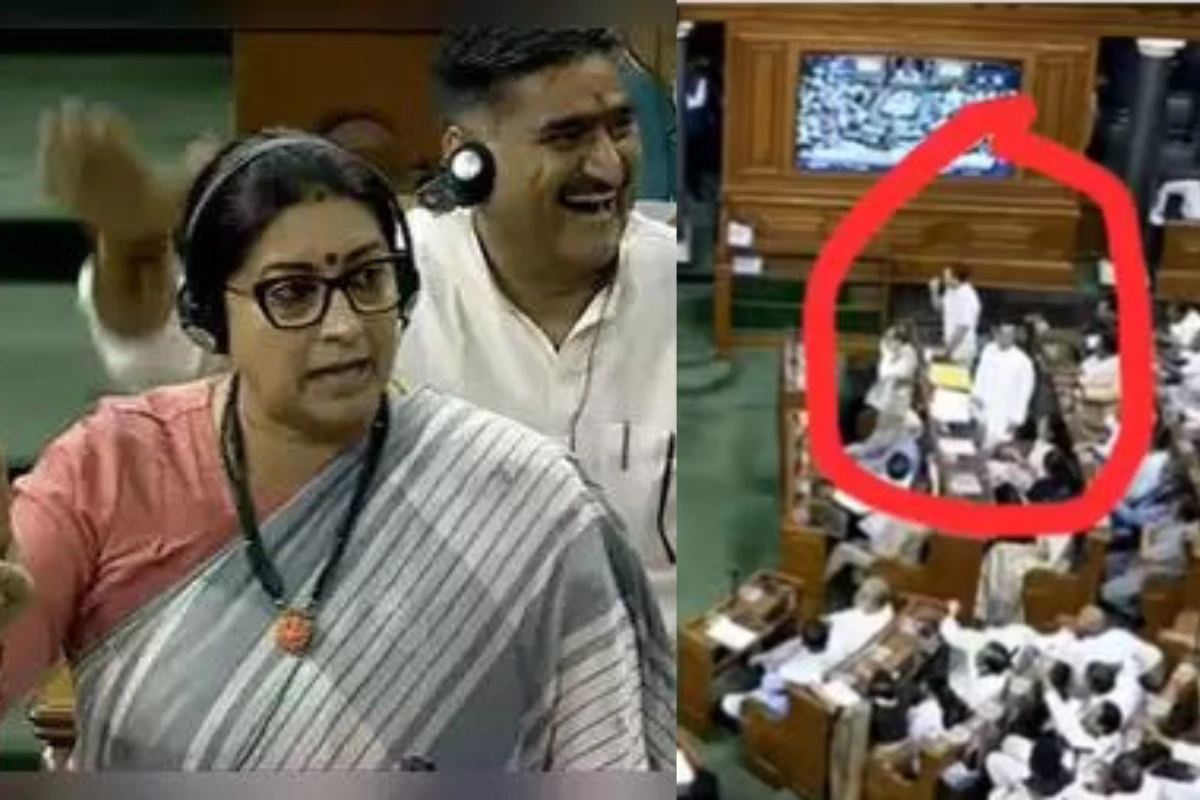
Former Chhattisgarh Chief Minister Bhupesh Baghel has called for the release of CCTV footage showing the alleged physical altercation between Congress leader Rahul Gandhi and a BJP MP in the Parliament complex. Baghel also criticised Union Home Minister Amit Shah for his 'inflammatory' comments regarding Dalit icon B.R. Ambedkar. Rahul Gandhi and the Congress have refuted the accusations and retaliated with their own complaint. Baghel also expressed concerns over the law and order situation in Chhattisgarh under the BJP government.
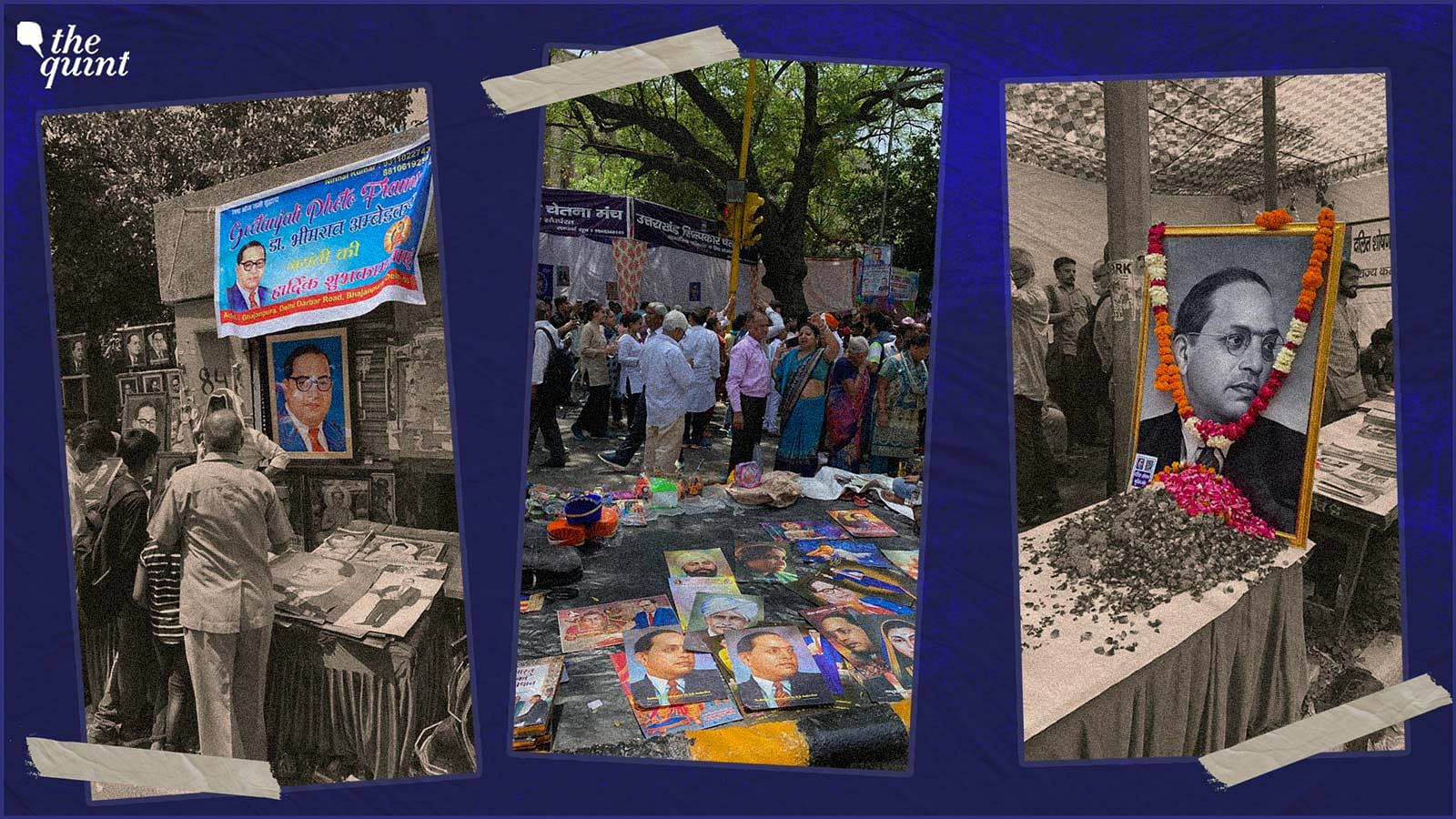
The Assembly constituency of Ambedkar Nagar, located near Saket in South Delhi, is home to a majority of lower-middle-class and middle-class families. Residents express their disappointment and frustration towards the recent political bickering in the Parliament over B R Ambedkar's legacy and instead look to the Aam Aadmi Party (AAP) for tangible solutions to their everyday issues. While the Congress and BJP continue to compete for the support of voters, the AAP has already gained the trust of many residents through their policies and actions. However, some residents remain skeptical and call out the timing of the AAP's recent efforts in the area.

Uttar Pradesh Chief Minister Yogi Adityanath highlights the destruction of Hindu temples in various parts of the country and reiterates the need for protecting Sanatan Dharma for world peace. He speaks out against the atrocities faced by Hindus in Bangladesh, Pakistan and Afghanistan and vows to destroy the lineage of those who desecrated Hindu places of worship. Adityanath's remarks come a day after RSS chief Mohan Bhagwat spoke about inclusivity and building a model of harmony in the country that can be adopted by the world.
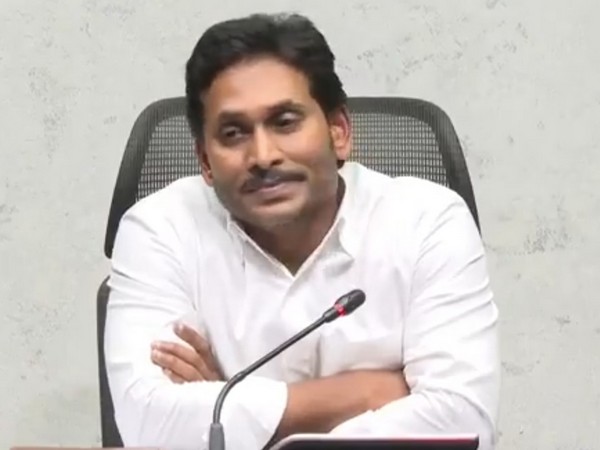
The Andhra Pradesh Chief Minister Jagan's controversial decision to boycott assembly sessions unless accorded the status of opposition leader is causing tension within his own party. People are questioning his motives and demanding answers as to why he and his 10 party MLAs should be allowed to stay away from the assembly without facing consequences. The situation is only escalating as Jagan continues to make impossible demands, leading to concerns about the party's political future.
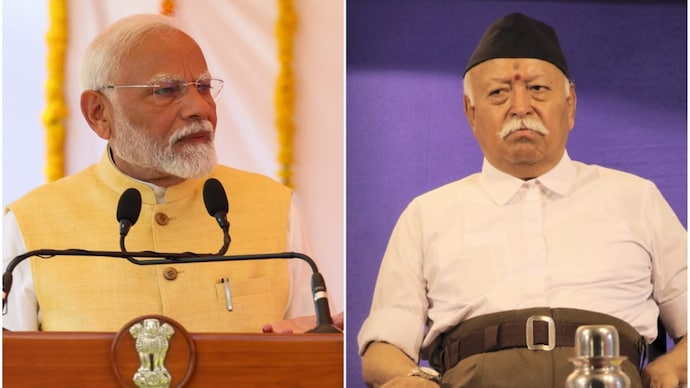
Opposition leaders have welcomed RSS chief Mohan Bhagwat's statement condemning certain Hindu leaders for spreading hate and enmity. However, they have expressed skepticism about the actions of the Sangh Parivar and its affiliates. While lauding Bhagwat's remarks, they have urged him to take a stronger stand against divisive forces within the RSS and clarify their stance on Hindutva. They also criticized the RSS for promoting harmful ideologies that foster division in society.

In a significant development, U.S. Secretary of State Antony Blinken has acknowledged direct communication with Hayat Tahrir al-Sham (HTS), the Syrian rebel group that led the overthrow of President Bashar al-Assad. Despite HTS's pledge to protect minority and women's rights, U.S. officials remain cautious and are closely monitoring the group's governance approaches. The fall of Assad has raised both hopes and concerns, and the international community is closely watching HTS's actions as it assumes a leadership role.